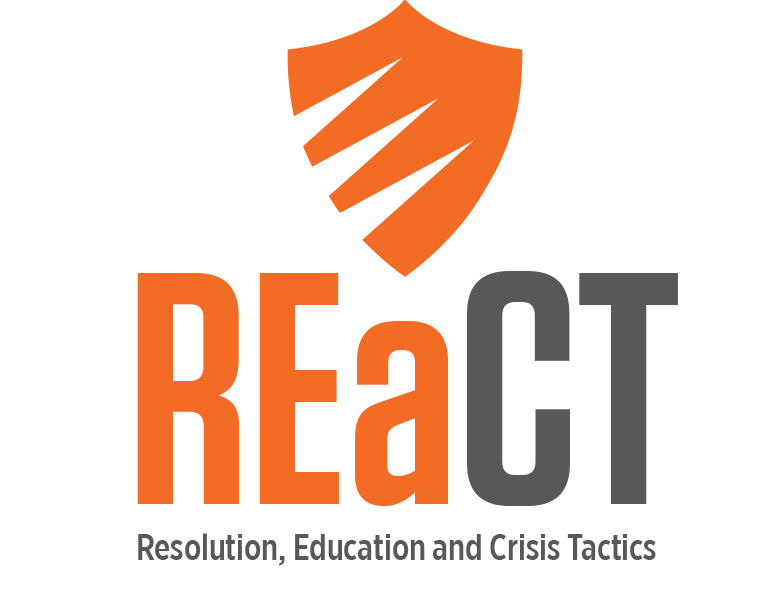

CWG has developed the REaCT Training program to prepare private and public sector personnel to safely and effectively manage a challenging situation or a critical incident by applying the REaCT principles. The REaCT training program is a customizable product that is tailored to the individual needs of each of our clients. The program introduces the REaCT principles and how the principles relate to the learner’s role in their organization.
The program provides the learners with a comprehensive understanding of the authorities and laws that apply to their position, as well as a review of the policies and procedures of their organization. The program includes a communication and negotiation workshop that focusses on de-escalation strategies, mental health awareness and incident management. The communication and negotiation workshop will prepare the learners for the Dynamic Simulation Training (DST) that follows. During the DST, the learners will be required to apply the knowledge and skills that they have acquired throughout the program.
Through DST, the CWG team will create a lived experience for the learners using live actors and scenarios based on actual incidents that have affected their organization.

